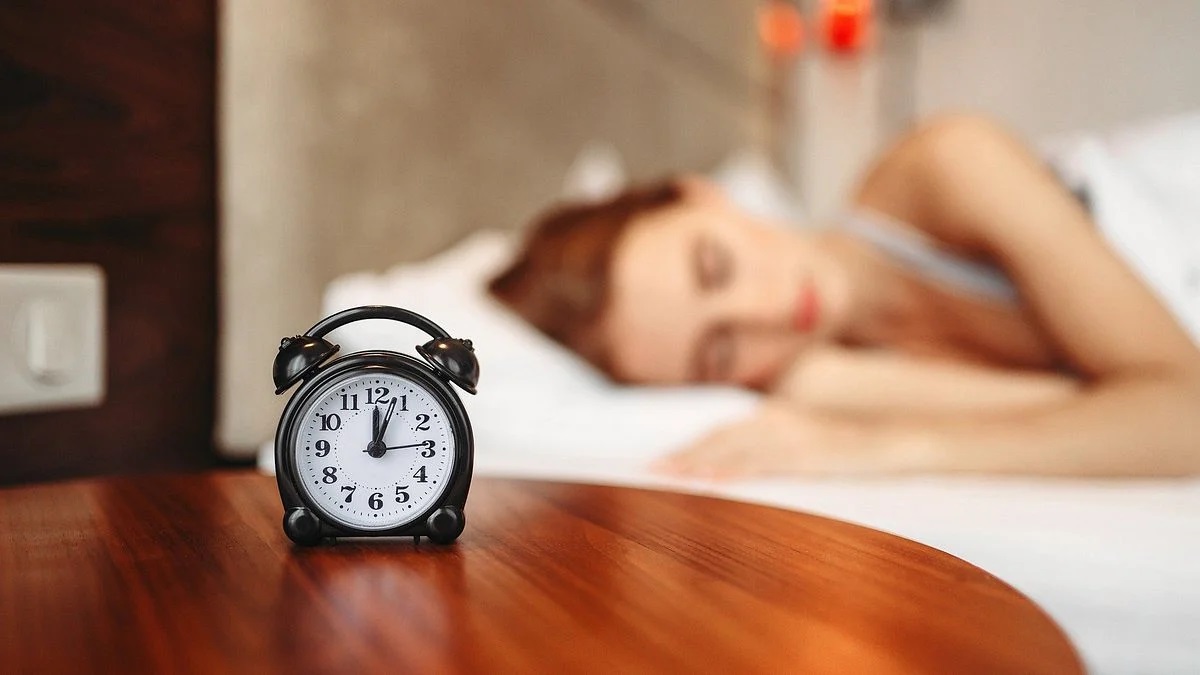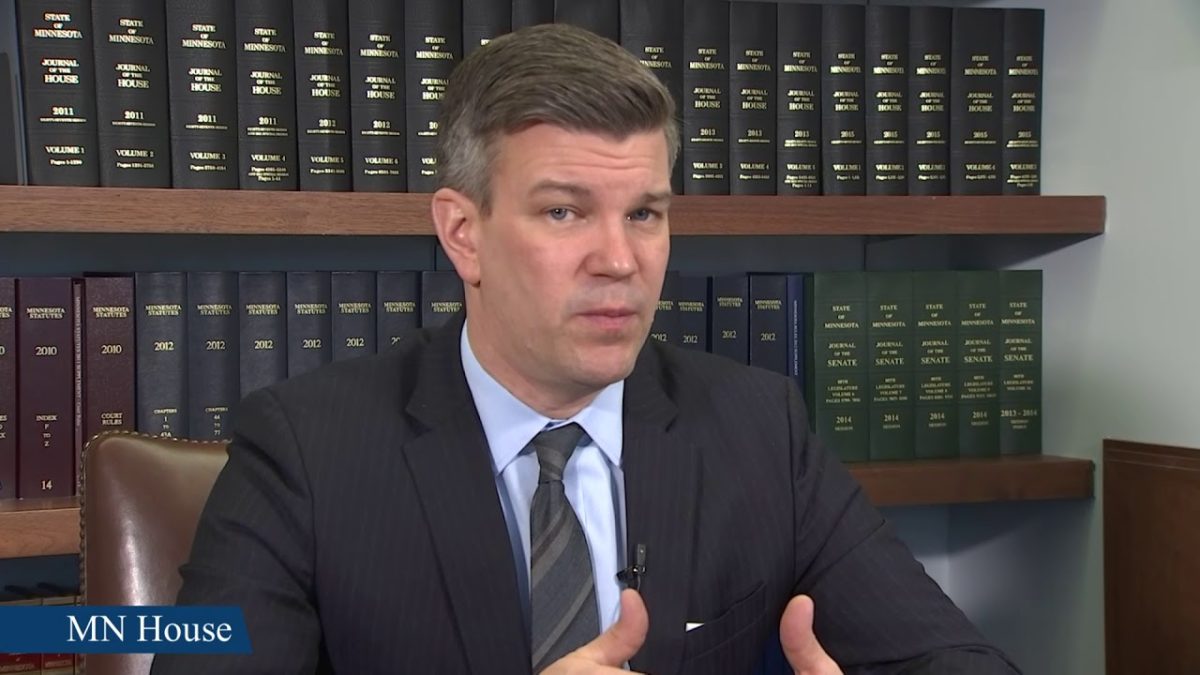According to a new study, using marijuana may not help much with falling and staying asleep.
Many assume that marijuana use helps people sleep well but it might not be the case.
“This is an understudied but important area, as many people are increasingly turning to cannabis products as sleep aids,” said sleep specialist Wendy Troxel, a senior behavioral scientist at RAND Corporation.
But we really lack solid evidence demonstrating whether cannabis helps or hurts sleep,” Troxel added.
Research published this week in a BMJ journal, revealed adults who use weed 20 or more days during the last month were 64% more likely to sleep less than six hours a night and 76% more likely to sleep longer than nine hours a night.
Optimal sleep for adults is defined by the US Centers for Disease Control and Prevention as seven to eight hours a night.
However, using marijuana less than 20 days during the past month — didn’t create short sleep problems, but people were 47% more likely to snooze nine or more hours a night, the study also found.
“Large population-based studies show that both short sleep and long sleep are associated with an increased risk of heart attacks and strokes, as well as the long-term progression of things like atherosclerosis, diabetes, coronary artery disease and any of the major cardiovascular diseases,” said lead study author Calvin Diep.
Diep is resident in the department of anesthesiology and pain medicine at the University of Toronto.
“It seems with sleep there’s kind of this ‘Goldilocks phenomenon’ where there’s an amount that ‘just right,'” Diep said.
The CDC calls that a “public health problem,” because disrupted sleep is associated with a higher risk of conditions including high blood pressure, weakened immune performance, weight gain, a lack of libido, mood swings, paranoia, depression, and a higher risk of diabetes, stroke, cardiovascular disease, dementia and some cancers.
In addition to issues with short and long sleep, people in the study who used weed within the last 30 days were also more likely to say they have trouble falling asleep or staying asleep, and were more likely to say they have discussed sleep problems with a health care provider, Diep added.
“The problem with our study is that we can’t really say that it’s causal, meaning we can’t know for sure whether this was simply individuals who were having difficulty sleeping, and that’s why they use the cannabis or the cannabis caused it,” he said.
“The issue is that there’s a disconnect between these anecdotal reports of people reporting therapeutic benefits and the evidence behind it in terms of the data,” Diep said.


